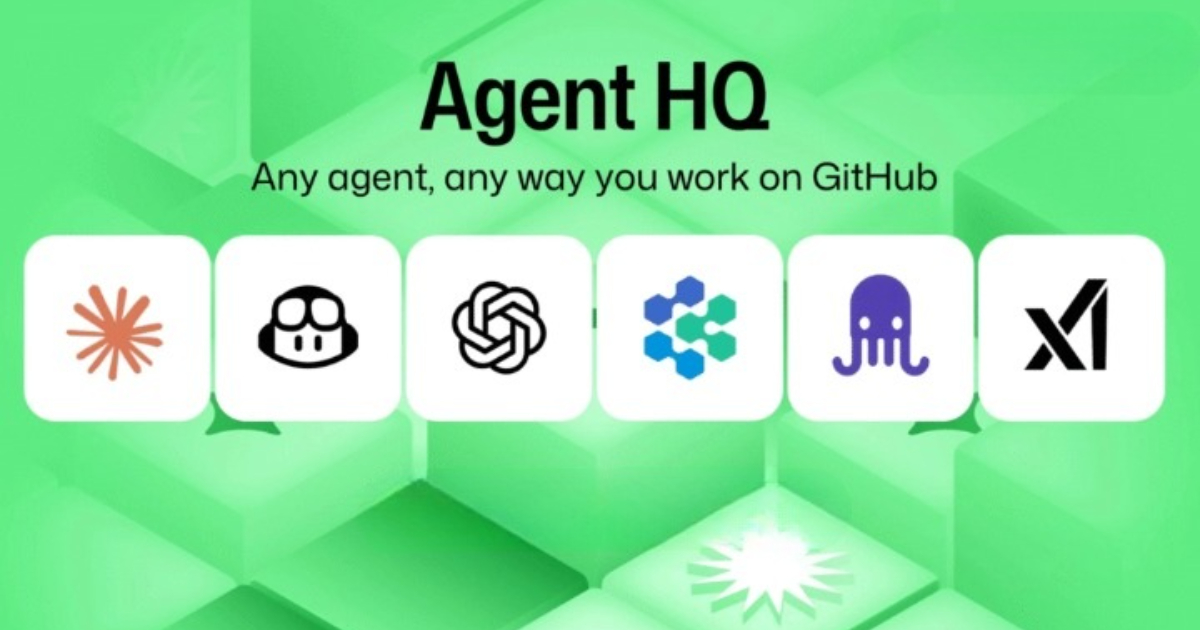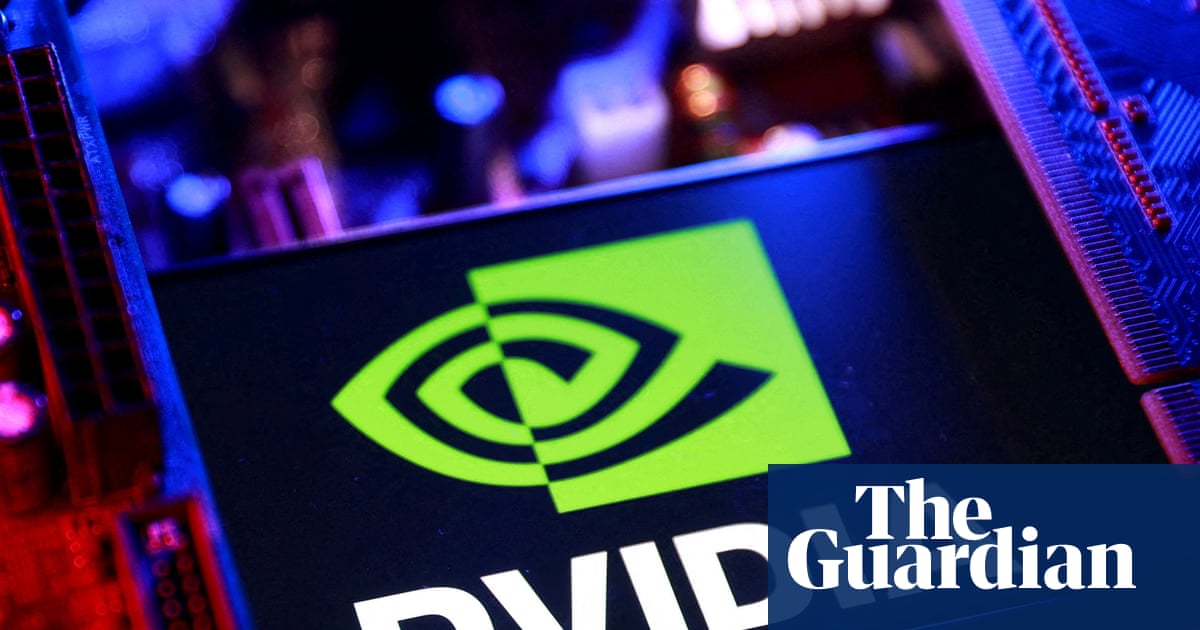GitHub announced during its annual GitHub Universe 2025 event a new addition to its platform called AgentHQ, designed to let developers create and deploy AI agents that work directly within GitHub’s development environment. The feature expands the company’s ongoing efforts to integrate AI into the software development lifecycle, building on previous Copilot releases.
Agents are designed as customizable, task-specific AI assistants that can handle various aspects of the coding workflow, from issue triage and documentation to testing and deployment. Unlike Copilot, which focuses primarily on in-editor code completion and generation, GitHub AgentHQ operates at a broader level, they can monitor repository events, respond to pull requests, or perform code reviews using contextual information available in a project.
Developers can build their own agents using GitHub’s API and runtime environment. Each agent can access repository data, interact with pull requests, and trigger actions through defined workflows. This modular architecture allows teams to experiment with automation while maintaining full control over permissions and security. According to GitHub, these agents run in isolated environments and respect the repository’s access scopes, ensuring that sensitive data stays protected.
AgentHQ also integrates with GitHub Actions, enabling automated pipelines that combine traditional CI/CD tasks with AI-driven reasoning. For instance, an agent could review code changes, suggest improvements, and trigger a test suite if specific conditions are met. Another agent might handle repetitive maintenance tasks, such as dependency updates or security scanning.
GitHub says the new feature is part of its broader plan to make development more conversational and context-aware. With AgentHQ, developers can communicate with their repositories using natural language, ask questions about implementation details, or request actions without leaving the GitHub interface. The agents can reference issues, commits, or documentation and act on that context directly.
The introduction of AgentHQ positions GitHub alongside other major platforms exploring agentic development, such as Anthropic’s Claude Skills and Cursor’s multi-agent interface. While those systems focus on extending model capabilities, GitHub’s approach brings automation directly into its existing developer ecosystem, where millions of repositories already operate.
Early community reactions to the announcement were mixed but generally curious about GitHub’s move toward agent-based workflows. On X, some developers expressed excitement about the potential for AgentHQ to automate repetitive coding and review tasks, while others raised concerns about control and transparency in multi-agent environments.
Software developer Jintao Zhang commented:
Will AgentHQ become the next AWS Marketplace?
Meanwhile engineer Anthonio Dela shared:
Absolutely exciting news! This will make coding agents so much more accessible.
Alongside the launch of AgentHQ, GitHub introduced new features for Copilot Workflows, enabling developers to assign tasks to Copilot directly from tools such as Slack, Microsoft Teams, and Linear, as well as an agentic code review feature powered by CodeQL. VS Code Plan Mode was made generally available, allowing developers to structure their coding plans and integrate custom agents defined in an AGENTS.md file. On the enterprise side, GitHub unveiled Code Quality, a new dashboard offering organization-wide visibility into maintainability, reliability, and test coverage, along with APIs to measure Copilot usage and manage AI agents at scale









